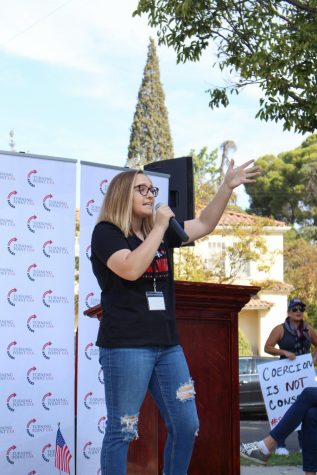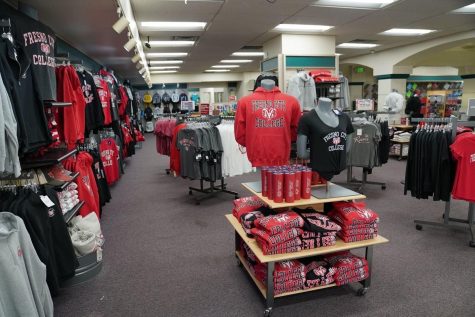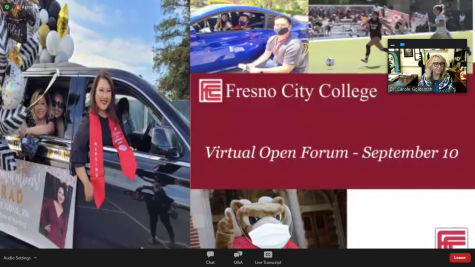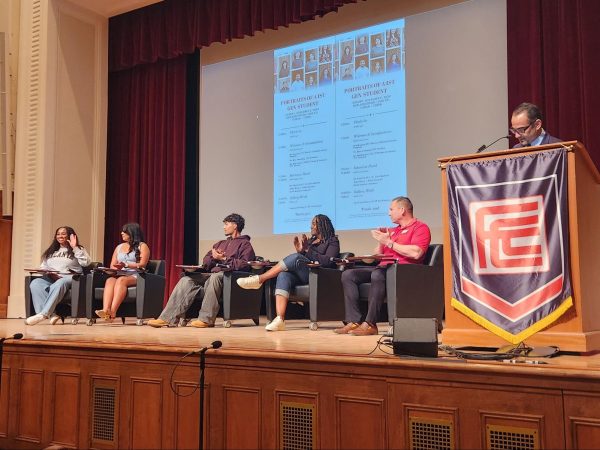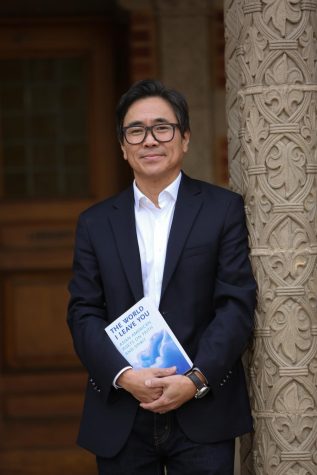How FCC Theatre Courses are Handling the In-person to Remote Learning Transition
The transition from in-person to online only classes has affected all courses but it has specifically affected theatre arts courses by limiting how students and professors interact and changing how labs function.
During lab hours students got hands-on experience with tons of equipment and had easy access to one on one feedback from professors on their work.
With the physical aspect of lectures and labs gone, the online transition has just forced both teachers and students to adjust to a new way of learning and communicating which has been difficult but not impossible.
When theatre practicum and lighting design professor, Christina McCollam Martinez, heard the announcement of classes moving online she felt eager to figure the transition out because it “just required creative thinking and problem solving which is something I do all the time in theatre.”
Before the cancelation of in person classes, students physically worked with equipment and tools to create lighting effects and scenery. Now that everything is virtual, students must attend class through Zoom and use Canvas to get assignments turned in.
One of the biggest challenges McCollam Martinez has faced so far was teaching students how to build scenery for theatre without actually being able to build scenery. Her solution to this was to have students create what she calls a “3D found object/recycled sculpture” with objects found around their homes.
For projects like these, discussion boards are extremely helpful because students can share pictures or videos of their work and then give feedback and offer guidance to one another.
In addition to Zoom and Canvas, students in the lighting design class use free online sources and programs like Vectorworks and Color Lab that allow them to virtually use lighting equipment.
Lighting design student, Gurvir Riar, feels he “will now finish the semester with more training in theory instead of hands-on experience” as he hoped, but he will still be content with what he learns this semester.
By learning the material themselves and then discussing ideas on Zoom, Riar feels he and his classmates are able to have better conversations about the subject matter.
Steven San Sebastian, another lighting design student, says all the online resources are fun to use and the amount of work is the same as before but not physically attending classes has made him more detached with his work than he usually is.
“I feel like I need to solidify my schedule so I can make time for what I need to do and force myself in a way into my work. Otherwise, I’ll be in a pit soon enough,” he says.
When it comes to her students, theatre practicum and costume design professor, Debra Erven, has noticed that “some flourish with online classes and others couldn’t be bothered and need face to face classes.”
For that reason, Erven has become more flexible about deadlines because she understands students have technical issues like terrible internet connections or limited access to computers.

Julie Chavez is a 21-year-old journalism major who is still trying to figure her life out.
She was born and raised in Southern California but moved...

